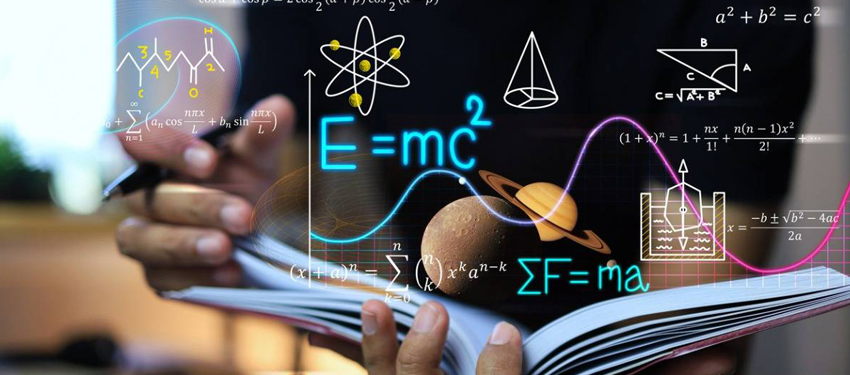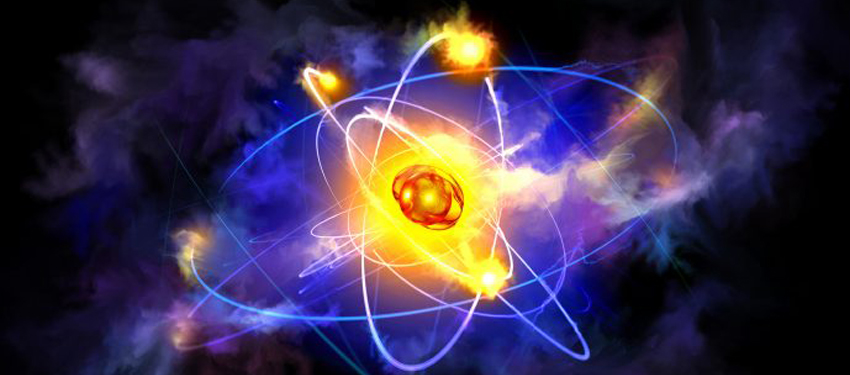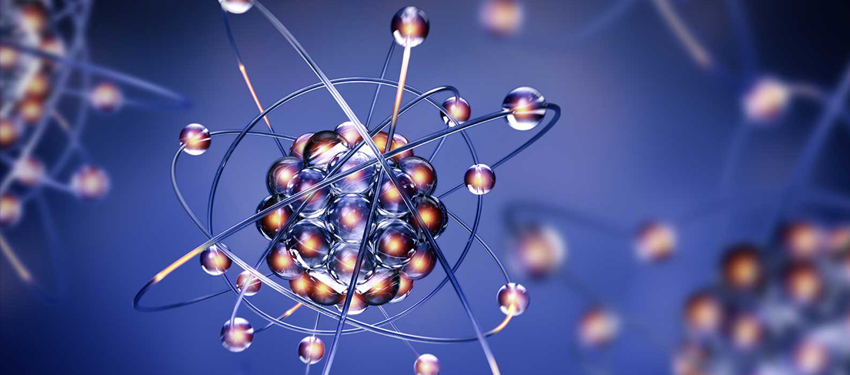M.Sc., Physics
About the Department

The Department of Physics at Morappur Kongu Arts and Science College is dedicated to unraveling the fundamental principles of the universe through a rigorous academic framework and hands-on research. The department is staffed by accomplished faculty members who provide students with a strong theoretical foundation while encouraging independent research and experimental inquiry. With advanced laboratories and state-of-the-art equipment, the department ensures that students gain a comprehensive understanding of both classical and modern physics.
About the Course

The M.Sc. Physics program offers an advanced and in-depth exploration of physical phenomena, preparing students for careers in academia, research, and industry. The course covers a wide range of topics, including quantum mechanics, electrodynamics, statistical mechanics, condensed matter physics, and nuclear physics. Students also gain exposure to cutting-edge fields such as nanotechnology, photonics, and advanced materials science. With a balance of theoretical rigor and practical experimentation, the program fosters problem-solving skills and research innovation.
About the Curriculum

The curriculum is designed to provide a thorough understanding of both fundamental and applied physics. Core subjects include quantum mechanics, mathematical physics, classical mechanics, electrodynamics, and statistical mechanics. Students also have opportunities to explore advanced topics through electives, such as condensed matter physics, atomic and molecular physics, computational physics, and experimental techniques. Practical lab sessions, seminars, and research projects allow students to apply their knowledge, develop critical thinking, and pursue independent scientific inquiries.
Vision

To be a premier department in physics education and research, producing highly skilled physicists who contribute to scientific advancements and address global challenges.
Mission

- To provide a strong academic foundation in advanced physics principles and applications.
- To nurture critical thinking, scientific curiosity, and innovative problem-solving skills.
- To promote interdisciplinary research, encouraging students to explore connections between physics and other scientific disciplines.
- To prepare graduates for successful careers in research, technology development, education, and industry.
